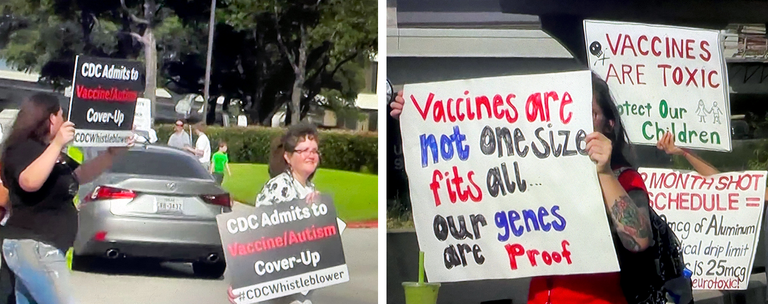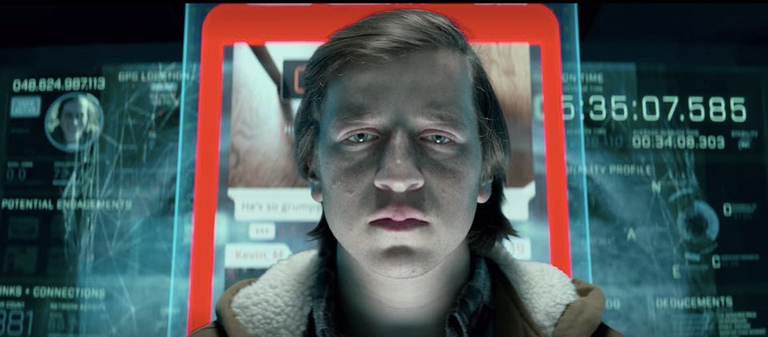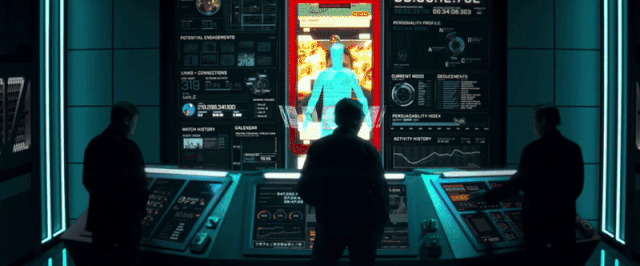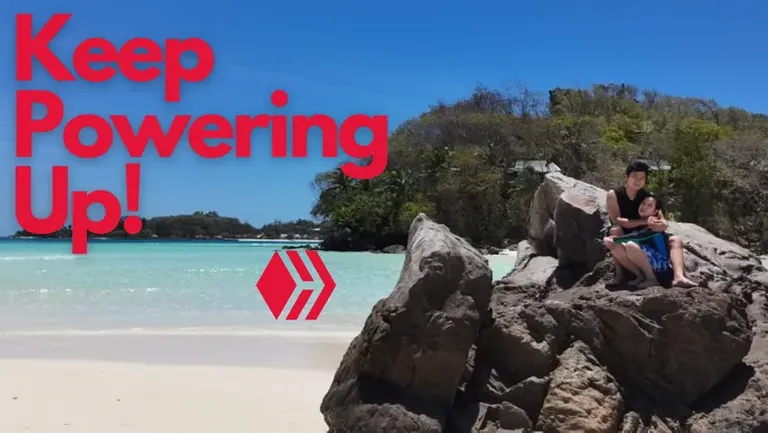
In the digital age, we've witnessed the meteoric rise of big tech social media, platforms that promised to connect us but, in reality, have woven a complex web of issues, impacting our society, democracy, and even our mental well-being. The acclaimed Netflix documentary, "The Social Dilemma," sheds light on these very concerns, revealing the darker side of these seemingly benign platforms.
At first glance, social media appears as a beacon of connectivity, a digital town square where voices from around the globe converge. Yet, beneath this facade of unity, lies a more sinister reality. These platforms, driven by algorithms and profit motives, have inadvertently become breeding grounds for divisiveness, misinformation, and mental health crises.
My personal experiences echo this narrative. I've seen firsthand how these platforms can censor even governmental voices, creating a skewed reality that fuels division and anger. It's not just about connecting people anymore; it's about controlling the narrative, often at the expense of truth and harmony.

The societal impact is profound. Democracies rely on informed citizens, but when the information is filtered through biased algorithms, what remains is a polarized society, vulnerable to manipulation. The documentary highlights how these platforms can sway public opinion, influence elections, and even incite real-world violence.
But it's not just our social fabric that's at risk. The environmental toll of maintaining these digital behemoths is often overlooked. The energy consumption and electronic waste associated with running massive data centers contribute to our growing environmental concerns.
Ethically, we're in uncharted waters. The dilemma lies in balancing free speech with the responsibility to curb harmful misinformation. The power these platforms wield is immense, often surpassing that of traditional institutions.
Despite these challenges, there are voices that advocate for the benefits of social media, emphasizing its role in giving a voice to the voiceless and fostering global connections. While these points are valid, they often overshadow the underlying issues that need urgent attention.

The change I envision is a shift in power dynamics. It's about democratizing these platforms, ensuring they serve the people, not just corporate interests. This means transparent algorithms, accountable content policies, and a renewed focus on the well-being of users over profits.
As readers, it's crucial to remain vigilant and informed. We must advocate for a digital landscape that upholds our values, respects our differences, and fosters genuine connections. It's about reclaiming the narrative and ensuring that these tools of connectivity do not become instruments of division.
This call to action is not just about reforming social media; it's about safeguarding our future, our democracy, and our planet. Let's not forget the power we hold as users, as a community, to steer the course of this digital voyage towards a more hopeful horizon.

This is my participation on topic of Hive Learners called Killing Not Helping
What is that invention that you think is destroying the world, but everyone else thinks it's saving it. You only seem to be the one who can see the dangers it poses. But you can't do much about it because it's already widely accepted. What's that invention for you?

If we begin to talk about social media and many of the dangers it poses especially through misinformation and the likes, I might end up making a separate post here in your comment section 😂.
The truth is that with the creation of social media came a lot of good things and opportunities for everyone and maybe that's why people tend to overlook the bad side of it because we mostly don't care about these bad things and the huge power it has until we're the ones being affected directly (even though we are, we just don't know it yet).
Absolutely, your observation hits the nail on the head.
Social media, indeed, has been a double-edged sword. On one side, it's revolutionized communication, democratized information dissemination, and opened up incredible opportunities for learning, connecting, and even earning. It's fascinating how it has shrunk our vast world into a global village where anyone can interact with anyone, anywhere, at any time.
However, as you rightly pointed out, the flip side of this connectivity is less discussed but equally impactful. Misinformation, data privacy concerns, and the subtle yet profound influence on public opinion and individual psychology are just the tip of the iceberg. It's a bit like opening Pandora's box – once opened, it's impossible to reverse the effects.
The irony is that while we're all part of this grand social media experiment, many of us are unaware of its deeper implications on our lives and society. It's only when we're directly impacted, as you mentioned, that we start to realize the magnitude of its power. This realization often comes as a surprise because the benefits of social media can be so immediate and gratifying that they overshadow the long-term effects.
Your comment about potentially making a separate post in the comment section made me smile. It's a testament to the complexity of this issue – it's not just a topic for a blog post but a conversation that could span volumes. And perhaps that's what we need more of: open, thoughtful discussions about the role of technology in our lives, the responsibilities of tech companies, and how we, as users, can navigate this landscape more mindfully.
Great to brainstorm this topic with you @prayzz
I have seen, in recent times the raw power of social media, in my country just a simple tweet went viral that it started a revolution and yet we have the dangers of misinformation and misinterpretation often very common with social media. it can be a very dangerous tool
It's truly remarkable how a single tweet can spark a revolution, demonstrating the immense influence these platforms hold.
Social media has evolved into a potent tool for mobilizing public opinion and initiating social change, often in ways that traditional media cannot match
Everything shining things are not gold. People will realize it very sooner. It is easy adapt to something, but understanding the algorithm at backend is too complex.
I think the social dilemma is documentary worth seeing, from your explanation above I cannot help but want to see the documentary for myself.
You need to check that out, it is probably best movie for the century
Congratulations @hiro-hive! You have completed the following achievement on the Hive blockchain And have been rewarded with New badge(s)
Your next target is to reach 8500 replies.
You can view your badges on your board and compare yourself to others in the Ranking
If you no longer want to receive notifications, reply to this comment with the word
STOPCheck out our last posts:
Come to think of it, companies in charge of these social media platforms have total control over message that gets bandied about and they can use their control over it however they wish. We see them use it to invite people and also use it to make people feel a certain way.
While social media is good, it has also come to pose a very big problem that may not be leaving any time soon.
This post has been nominated and may get curated by Theycallmedan/Aliento. Keep making beautiful contents!!Congratulations @hiro-hive